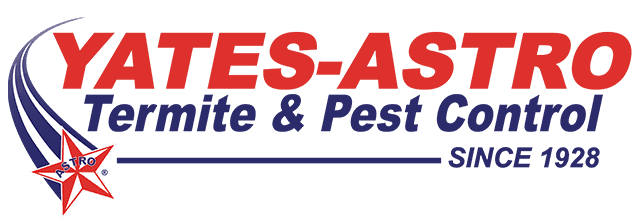Maintaining a pest-free environment is crucial for restaurants and food service establishments to ensure the safety and satisfaction of their customers. However, dealing with pests can be a challenging task. In this blog post, we will discuss effective pest control strategies that can help you tackle common pest issues in your establishment.
By implementing these tips, you can maintain a clean and pest-free environment, safeguard your reputation, and ensure the success of your business.
Pest Control Tips For Restaurants
1. Identifying Common Pest Entry Points:
Pests can enter your establishment through various entry points such as cracks, gaps, and open doors. Conduct a thorough inspection to identify these entry points and seal them off. Use weatherstripping and door sweeps to prevent pests from sneaking in. Regularly inspect and repair damaged screens on windows and vents. By blocking their access, you can significantly reduce the chances of pests invading your premises.
2. Proper Waste Management:
Effective waste management is essential to prevent pests from being attracted to your establishment. Ensure that all garbage bins have tightly sealed lids and are emptied regularly. Keep the dumpster area clean and away from the main building. Regularly clean and sanitize trash cans, as well as the surrounding areas, to eliminate any food residue that may attract pests. Educate your staff about proper waste disposal practices to maintain a pest-free environment.
3. Regular Cleaning and Sanitization:
Maintaining cleanliness is crucial in preventing pest infestations. Regularly clean all areas of your establishment, paying special attention to the kitchen, storage areas, and dining spaces. Sweep, mop, and vacuum floors regularly to remove any food debris. Clean and sanitize countertops, tables, and food preparation surfaces using appropriate cleaning agents. By eliminating potential food sources, you can discourage pests from infesting your establishment.
4. Implementing Integrated Pest Management (IPM) Techniques:
Integrated Pest Management (IPM) is a comprehensive approach that combines preventive measures, monitoring, and targeted treatments to manage pests effectively. By implementing IPM techniques, you can minimize the use of pesticides while effectively controlling pests. Regularly inspect your establishment for signs of pest activity, such as droppings or gnaw marks. If necessary, consult with a professional pest control company, like Yates-Astro Termite & Pest Control, to develop a customized IPM plan for your establishment.
5. Educating Staff on Pest Awareness:
Your staff plays a vital role in maintaining a pest-free environment. Train your employees on pest awareness, including how to identify signs of pest activity and report them promptly. Educate them on proper food handling and storage practices to minimize the risk of attracting pests. By fostering a culture of pest awareness, you can create a proactive approach to pest control within your establishment.
Conclusion:
Implementing effective pest control strategies is crucial for restaurants and food service establishments to ensure the health and safety of their customers. By following the tips mentioned above, you can significantly reduce the risk of pest infestations and maintain a clean and hygienic environment. However, if you encounter persistent pest issues, it is advisable to seek professional assistance from a reputable pest control company like Yates-Astro Termite & Pest Control. With their expertise and tailored solutions, they can help you address any pest-related challenges you may face.
Remember, proactive pest control measures are essential to protect your business and reputation. By prioritizing pest control strategies, you can ensure the success and longevity of your establishment.


